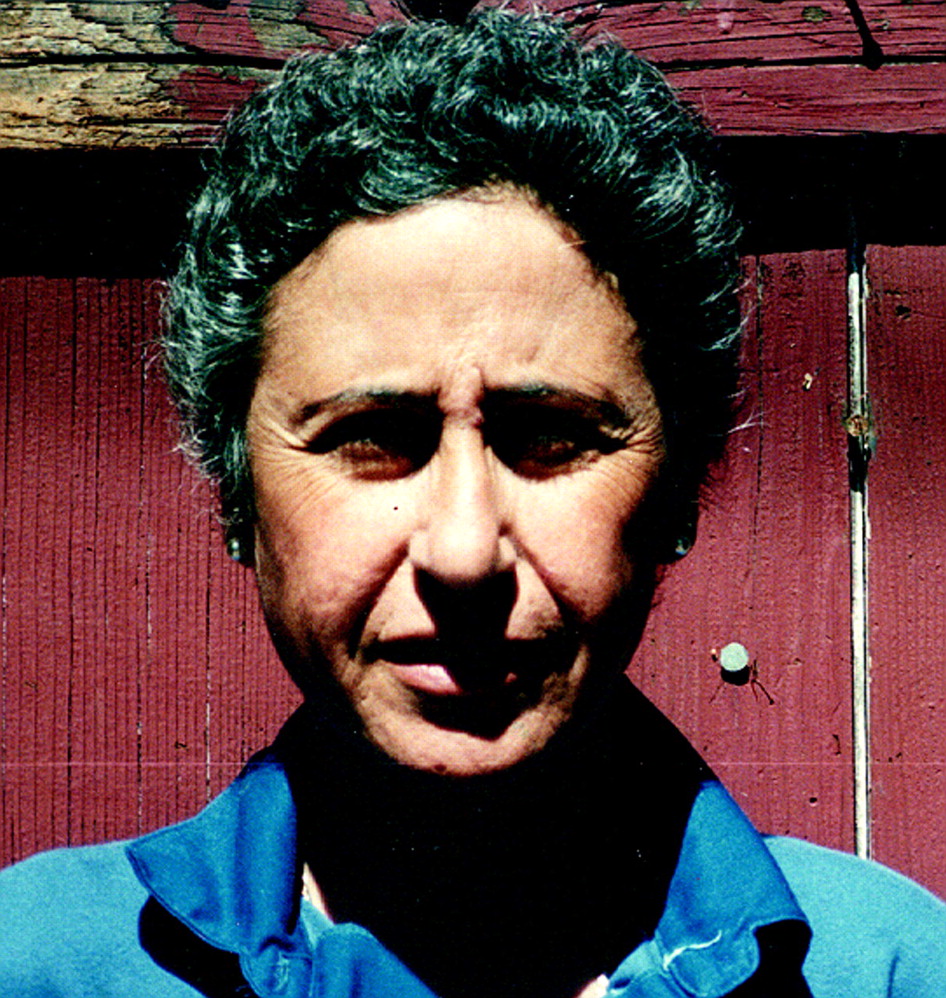Multicultural Residents Are Not A Translation Service

I can remember the many occasions when I was asked to translate for an attending and clarify or explain the meaning of a cultural piece in a patient’s history to those unfamiliar with the interpretation. Many cultural aspects of how patients act and think are unknown to clinicians who do not recognize or understand belief systems different from their own.
Residents constitute a bridge between attendings and patients, a crucial part of both inpatient and outpatient services. It was a common practice to immediately connect those of us who speak a certain language with a patient who speaks the same tongue. At first I thought the practice was appropriate until I realized that in a multicultural society, such as that in the United States, residents must have the experience of working with patients from many cultural backgrounds if they are going to be adequately prepared to provide care in a diversity of settings and geographic locations. In those institutions where patients come from all over the world but residents care only for those who speak their language, there is an absence of a crucial aspect of the training experience and education.
In my first year of residency, I followed the easy path of caring for patients who needed my command of their language; it was easy for me to do and helpful to colleagues who were unable to work with these patients. I changed my mind about the role that I was playing when I realized that I was losing the opportunity to interact with patients whose cultures I was not familiar with. I also understood that I was working for the hospital rather than for the patients who sought care at the hospital. Depending on my skills as a translator was a quick and efficient way to provide services without using a translation service, even when such a service existed. I repeatedly wondered about those who would someday need to interview a patient in a private office or the emergency room when a translator wasn’t available: What would they do then?
There are many psychiatrists who believe that the assistance of a professional translator can diminish the effectiveness of the psychiatric interview; what the patient means to say and what is being translated can be biased by the interpretation of the translator. While this is often true, a training program needs to establish a wide range of cultural experiences for its residents.
I have grown to be more assertive over the last four years regarding my own education, and one of my decisions has been to refuse to translate just for the sake of doing it for someone who uses my skills to save time and money. I admit that I translated many times earlier in my residency training because I had no choice. Very rarely did I receive proper acknowledgement and appreciation from an attending for whom I provided my skills. The hospital translation service, however, is the correct channel for facilitating communication between physicians and patients—and not the residents. ▪
Dr. Bat-Avi is a PGY-4 resident at Beth Israel Medical Center in New York City.



